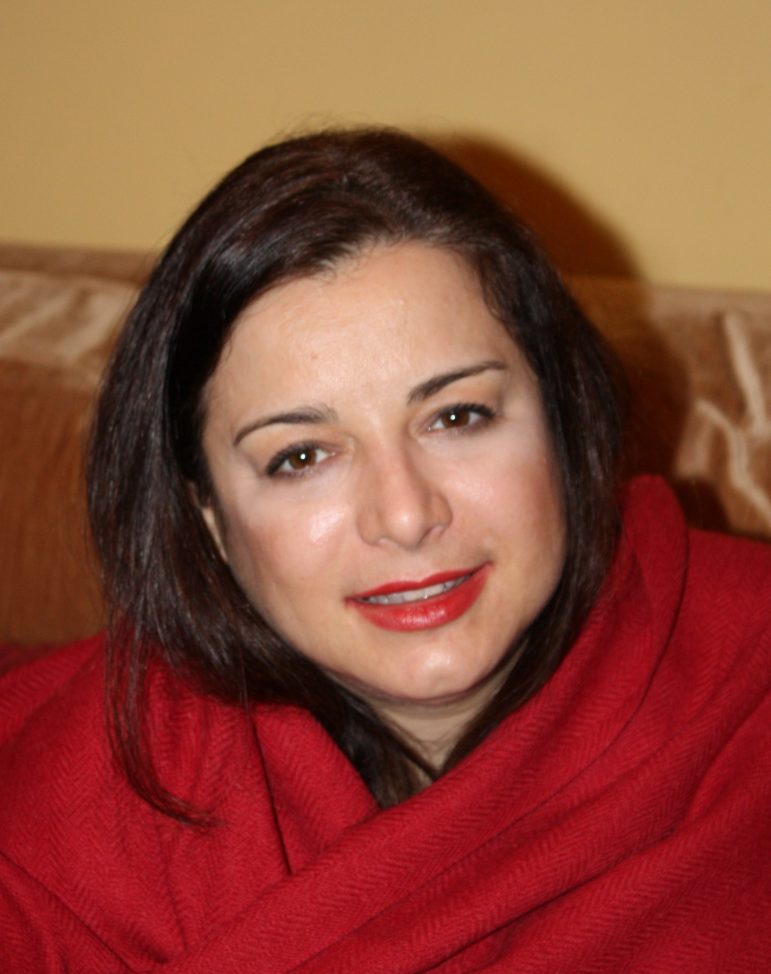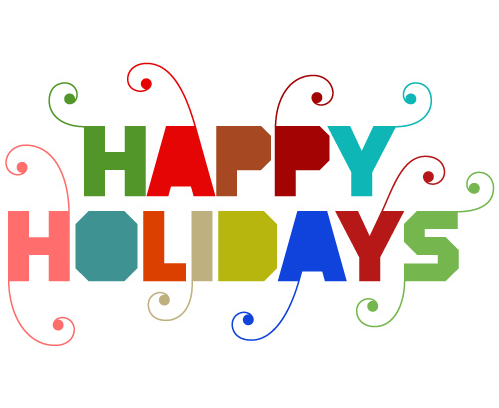The year is filled with religious, cultural, and civic holidays, but December and January are by far the busiest months in a diverse calendar trying to keep up with America’s multiculturalism. Christmas alone is celebrated on four different days, depending on your church’s tradition. When we embrace it, our diversity of holidays becomes a central part of our cultural heritage as Americans.
We are a nation of immigrants, and no time of the year highlights our many colors quite like the holidays. Christians celebrate Christmas, but there’s also St. Lucia’s Day, a religious festival of lights when Scandinavians and Italians commemorate the martyrdom of St.Lucia, a young Christian girl who was killed for her faith in 304 AD. We mustn’t forget the Feast of Our Lady of Guadalupe, a religious holiday when Mexicans celebrate the appearance of the Virgin Mary near Mexico City in 1531. These are just a couple of the many Christian celebrations during the holiday season.
Jews are the second largest organized religious group in the nation after Christians. At the end of November or during December, depending on the year, they celebrate Hanukkah for eight days and nights. Hanukkah commemorates the victory of the Maccabees or Israelites over the Greek-Syrian ruler Antiochus about 2200 years ago, and the subsequent miracle of rededicating the Holy Temple in Jerusalem and restoring its menorah, or lamp.
Living in the U.S. I made friends from India who commemorate Bodhi Day, a holiday observed by Buddhists. It marks Siddhartha Gautama’s enlightenment under the Bodhi tree in Bodhgaya, India. My Iranian friends enjoy Shab-e Yalda, an inter-faith winter solstice celebration in honor of the sun’s rebirth, when they eat nuts, fresh and dried fruits, and read beautiful and provocative poetry from Hafez.
As a Catholic who grew up in Brazil, when I sit down to write over a hundred greeting cards I mail every year during the holiday season to family and friends, it would be easy to write “Merry Christmas”. Then I think how lucky I am for having met so many great people from different backgrounds whom I learned to admire, and I choose to honor and respect all of them by saying “Happy Holidays” instead. Writing those cards reminds me that I belong to a wonderfully intricate tapestry of a country with a multicolored pattern, as opposed to a plain one-color-suits-all one.
A list of the religious and cultural holidays celebrated between December 2018 and January 2019
- December 2-10: Hanukkah, a Jewish holiday that is celebrated around the world for eight days and nights.
- December 2-24: Advent, a Christian season of celebration leading up to the birth of Christ.
- December 8: Bodhi Day, a holiday observed by Buddhists to commemorate Siddhartha Gautama’s enlightenment under the Bodhi tree at Bodhgaya, India.
- December 12: Feast of Our Lady of Guadalupe, a religious holiday in Mexico commemorating the appearance of the Virgin Mary near Mexico City in 1531.
- December 12: Eid Milad Un Nabi, an Islamic holiday commemorating the birthday of the prophet Muhammed. During this celebration, Muslims in many Islamic countries decorate their homes and mosques, organize large parades, and participate in charity events.
- December 13: St. Lucia’s Day, a religious festival of light in Scandinavia and Italy commemorating the martyrdom of St. Lucia, a young Christian girl who was killed for her faith in 304 AD. She secretly brought food to persecuted Christians in Rome while wearing a wreath of candles on her head so both her hands would be free.
- December 16-24: Las Posadas, a nine-day celebration in Mexico commemorating the trials Mary and Joseph endured during their journey to Bethlehem.
- December 21: The Winter Solstice/Yule celebrated by Pagans and Wiccans, the shortest day of the year represents a celebration focusing on rebirth, renewal, and new beginnings as the sun makes its way back to the earth. A solstice is an astronomical event that happens twice each year when the Sun reaches its highest position in the sky.
- December 21: Shab-eYalda, an Iranian inter-faith celebration in honor of the sun’s rebirth.
- December 25: Christmas, the day that many Christians associate with Jesus’s birth.
- December 26 – January 1: Kwanzaa, an African-American and Pan-African holiday started by Maulana Karenga in 1966 to celebrate family, community, and culture.
- January 1: Feast Day of St. Basil, a holiday observed by the Eastern Orthodox Church, commemorating the death of Saint Basil the Great.
- January 1: Feast of the Holy Name of Jesus, celebrated in the Roman Catholic Church, commemorates the naming of the child Jesus.
- January 2-4: Mahayana New Year, a holiday celebrated by the Mahayana Buddhist branch, on the first full-moon day in January.
- January 5: Guru Gobind Singh Ji’s Birthday, the Tenth Guru of the Sikhs who initiated the Sikhs as the Khalsa (the pure ones) and is known as the Father of the Khalsa. Although he was born at Patna, Bihar, India, on December 22, 1666. His birthday can fall either in December or January or even both months in the Gregorian calendar.
- January 5: Twelfth Night, a festival celebrated by some branches of Christianity that marks the coming of the Epiphany.
- January 6: Epiphany or Dia de los Reyes (Three Kings Day), a holiday observed by Eastern and Western Christians that recognizes the visit of the three wise men to the baby Jesus 12 days after his birth. Many Christians take down their Christmas tree and decorations on this day. Catholics traditionally take down their Christmas tree the day after Epiphany.
- January 6: Christmas, recognized on this day by Armenian Orthodox Christians, who celebrate the birth of Jesus on Epiphany.
- January 7: Christmas, recognized on this day by Eastern Orthodox Christians, who celebrate Christmas 13 days later than other Christian churches because they follow the Julian calendar rather than the Gregorian version of the Western calendar.
- January 13: Maghi, an annual festival celebrated by the Sikhs commemorating the memory of 40 Sikh martyrs.
- January 15: Makar Sankranti, a major harvest festival celebrated in various parts of India.
- January 19: Christmas, recognized on this day by Armenian Orthodox Christians in Israel, who celebrate the birth of Jesus on Epiphany.
- January 19: Timkat, Ethiopian Epiphany. Timkat is one of the most vibrant festivals in Ethiopia, celebrating the baptism of Christ. The festival is held on January 19 every year (or January 18 on leap years). On this day, Ethiopians reenact the baptism ritual of Jesus Christ on the River Jordan.
- January 20-21 (sundown to sundown): Tu B’shevat, a Jewish holiday recognizing “The New Year of the Trees.” It is celebrated on the 15th day of the Hebrew month of Shevat. In Israel, the flowering of the almond tree usually coincides with this holiday, which is observed by planting trees and eating dried fruits and nuts.

Adriana Gomes is a Piedmont resident who currently volunteers as PHS Parent Club’s Diversity Chair.
